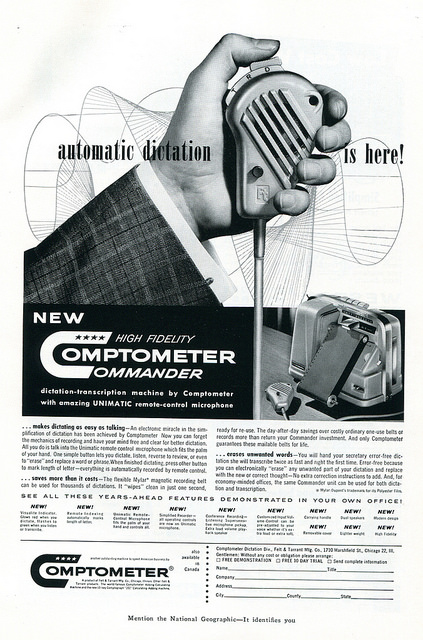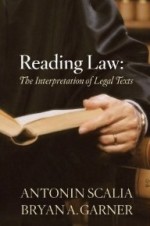On Monday, I stood at the start line of a hot, humid, and crowded 10k. Before then, I had done longer races, including a couple of half marathons and a full about seven months ago. And over the last three months I had been working with a coach to up my game. I had even begun to see improvements in short spurts during speedwork. In weeks leading up to Monday, I had recorded splits a minute and a half to two full minutes faster than my normal pace. And, while the temperature and humidity had been climbing here in Georgia, I had made it a point to get my run completed at the coolest point in the day early in the morning.
So, on the Fourth of July I found myself in a starting wave at around 8:00 in the morning awaiting the signal to go. The start was consistent with the runner I thought I had become. For three full miles, I was running splits comparable to my new faster times. But in the back of my mind, I noticed a crack. I wasn’t feeling quite right, even on the downhills. I pushed through until the first uphill, which I hit at my newfound faster pace. But this uphill did not lead to a downhill. It instead led to a more graduated slope and into another uphill. And by the latter part of mile 4, I was in some trouble. A glance at the thermometer showed me that the temperature was 83, and I looked ahead to the bobbing of heads as thousands approached and made their way up another hill.
Within my brain was a debate centered around a single question: “what the hell do I do?” Stop entirely? Slow down my running? Change to a walk? Or try to gut it out at my goal pace? There was a voice in that internal dialogue that said that I would get off this course and never run again. Meanwhile, I was sweating. And I was getting dizzy. At this point in my running (I’ve been doing it for about a year and half, having come to the sport later in life), I am unclear on where the line is between toughing it out and foolishly putting myself into a medical situation.
I Slowed to a Walk
I salvaged a split at mile 4 that was slower than goal pace but one that would keep my overall goal finish time in reach. But mile 5 ended all hope of my finishing pace. I slowed to a walk, went for water at the next station, poured a cup on my head and drank another. At a few points along the way, I tried to resume a run. But it is hard to move back into a run once I am extremely fatigued and have walked some. At the beginning of mile 6, I started a run. And as mile 6 unfolded (and with the help of a downhill and the sight of imminent finish line), I began to get back to where I normally am when I run. I was even passing people at the end.
I finished in disappointment and with a sense of dread. It was a dread of telling people how I did. And it was a dread of synching my Garmin data from the watch to the app on my phone, at which point this would all be memorialized.
Lessons Learned
I synced my data and texted a screenshot of the run to my coach. And I felt compelled to also share in my commentary that “I know I am much better than this.” Wrong! He texted me back, “actually, what happened here is quite consistent, except for mile 5.” I showered, came home, and began to look at the numbers. It turns out he was quite right. My average minutes per mile in that race, almost to a second, was squarely on point with my average minutes per mile over most runs. The funny thing to consider was mile five, the mile that I walked. But for that mile, I would have finished a pretty significant deviation from my average, albeit still below the goal I had set for myself. The body and mind rather dramatically brought me crashing down to my average of training. Did I give up at mile five? I’m not sure how to answer that question. I did stay on the course. And I did resume a run on the last mile. I did, in fact, reach the finish line. But I spent a mile essentially giving up. So, the answer to the give up question depends upon mood and perspective.
But what did certainly happen is that my racing self ended up in a tie with my training self. And I think that there is a valuable lesson in that. It is very hard to outpace our training and a bit foolish to think that we can rally in a moment to outdo or undo our habits. Our bodies, minds, and spirits will revert to what we are generally like. That is not to say that we cannot change and improve. I thoroughly believe that the dial on my fitness and speed is moving to the right. But it is moving a slower pace than my hubris had led me to believe. When my training pace or habitual pace moves firmly to the right, so will the racing pace. Progress has come and will come over consistent effort, through showing up and giving it full effort on those Monday, Wednesday, Friday, and Saturday mornings. And perhaps to train for a race that, for me would kick off at 8:00 a.m. in high temperature and humidity, it might have been good to train in those conditions. I hadn’t crammed for the exam, exactly. It is just that I had prepared for the wrong one.
There’s a lesson here for the law practice and for clients. Just as a runner’s racing self will struggle to outrun his training self, a lawyer at a hearing, or writing a brief, or engaging in a jury trial will struggle to outperform the lawyer in his study, preparation, and practice for those events. Just as you cannot cram for a marathon, you cannot cram for a critical case moment.
Many of my clients commit crimes of addiction or crimes of impulsivity. And often the preparation for the judge involves a parallel effort to kick an addiction. Or that moment of impulsivity came from a lifetime of bad habits where the client lacked the requisite skills to react to a situation in a better way. But lawyers and their clients can improve. We improve by showing up. We improve by noticing that the needle can move, albeit at a pace that is almost undetectable and often at a pace that is slower than we think it has moved. We are the sum total of our habits and practices rather than the sum total of a small collection of aberrant moments.
And the race doesn’t begin at the start line. It begins months before on some track or on a sidewalk in our neighborhood as we work to improve, not just this one split but the average of all our splits over a longer period of time, maybe even a lifetime.


